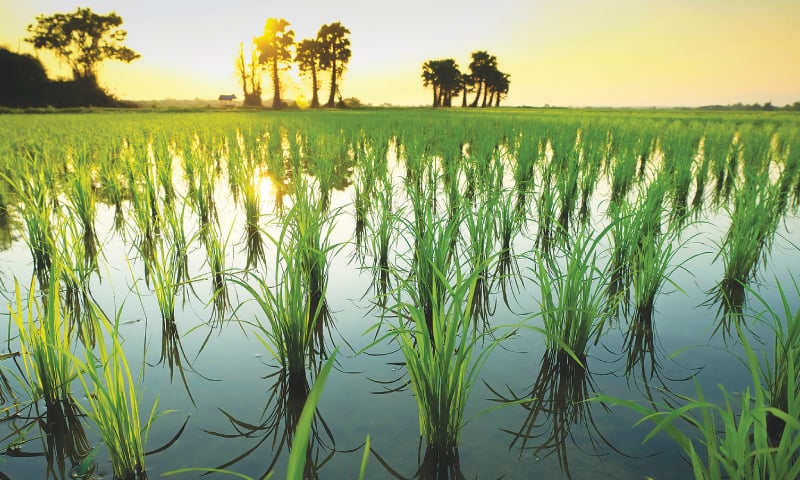Pakistani researchers collaborating with Chinese scientists to introduce hybrid basmati rice varieties: Top Pakistani businessperson

Lahore: Pakistani researchers are collaborating with the Chinese scientists to introduce hybrid basmati rice varieties with the same traits, a top Pakistani businessperson said.
Shahzad Ali Malik, Chief Executive Officer (CEO) of Guard Agri and Guard Group of Companies informed that the Chinese scientists were helping Pakistani counterparts ‘out of the way’ to boost the agriculture production.
“Guard is the pioneer in introducing hybrid coarse rice. Our researchers started working in collaboration with the Chinese scientists to introduce hybrid basmati varieties with the same traits, as basmati is known for better per acre yield. We developed one seed after seven years of research and the same was put on trial a year ago,” he remarked in a statement.
On completion of a two-year field trial, he added, “the results will be placed before the variety evaluation committee (VEC) working under the Pakistan Agriculture Research Council (PARC) for getting recommendations for the commercial marketing of the hybrid basmati seed.”
Malik ,mentioned that in just two years after completion of the process, the hybrid seed would be made available to the growers for cultivation.
Sharing results of a one-year trial, he stated that an extra-long grain hybrid variety with average grain length of 8.2mm has given more than 70 maunds/acre yield (one maund = 40 kilograms).
The present non-hybrid basmati varieties are not producing more than 35 maunds to 40 maunds/acre, posing a threat of invasion by the hybrid coarse rice onto the basmati areas due to higher yield, he observed.
“Hybrid varieties of the coarse rice had already made their mark, especially in Sindh, where the growers are getting 130 to 140 maunds/acre. As such, there was a threat of invasion of the coarse hybrid varieties on core basmati grown areas,” Malik predicted.
He said the research with the help of the Chinese scientists was aimed at avoiding such scenarios in the core basmati grown areas. “Now, the hybrid seed of basmati has given encouraging results. Two more basmati seeds had also been chosen for two-year field trials,” he revealed.
These two varieties, he pointed out, were 8.2mm and 8.3mm of average grain length having the potential of giving 80-90 maunds/acre yield. “Both these varieties could be available for cultivation just one year after the commercial marketing of the first one,” he hinted.
Growers of the basmati rice are likely to get the much-awaited hybrid seeds, which are capable of doubling the yield, compared to the available varieties in the next two to three years, he calculated.
The Guard Agricultural Research and Services (Guard Agri) has already started field trials for its ‘hybrid basmati’ seed to provide disease-resistant, long-grain, non-sticky aromatic traditional variety with a higher per acre yield to paddy growers of Punjab. Guard has sown hybrid basmati variety over 50 acres in the core basmati growing districts of Narowal, Gujranwala and Hafizabad.





